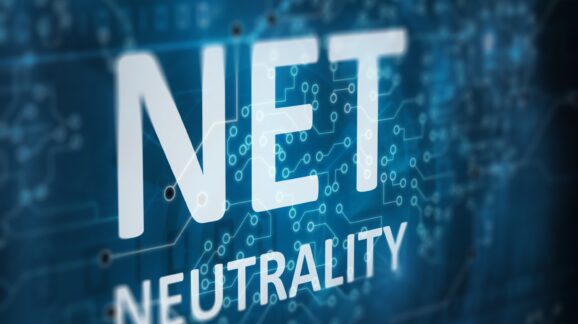‘Net Neutrality’ Faces a Stiff Judicial Test
The revived rule likely violates the major questions doctrine.
The Federal Communications Commission voted Thursday along partisan lines to reclassify broadband internet access service as a common carrier telecommunications service under Title II of the Communications Act. The agency is abandoning a light-touch regulatory approach that spurred innovation and investment in its effort to revive Obama era rules enforcing net neutrality.
An appeal of the FCC’s order is almost certain and is likely to succeed under the major-questions doctrine given that the Supreme Court struck down similarly unauthorized use of agency authority in its 2022 ruling in West Virginia v. Environmental Protection Agency. The doctrine holds it is the people’s representatives in Congress who authorize administrative agency power. For questions of vast economic and political significance, an agency must have clear congressional authorization for any regulatory power it asserts.
There seems little question that the FCC’s asserted power concerns a question of major economic and political significance. Hundreds of millions of Americans rely on broadband internet. It’s a technology that touches nearly every aspect of our lives and the economy. Broadband regulation has enormous consequences and declaring providers common carriers is a massive change.
Under Title II, the FCC has expansive authority over almost every aspect of a common carrier’s business, including rate regulation, terms of service, and determining returns on capital investment. It’s hard to imagine how the FCC could put out a more economically consequential decision or a more substantial expansion of its regulatory authority.
That expansion also appears to go beyond any clear congressional authorization. When Justice Brett Kavanaugh served on the D.C. Circuit Court of Appeals he found in a persuasive dissent regarding the FCC’s 2015 net neutrality order that “what [the Communications Act] does not clearly do is treat Internet service as a telecommunications service and thereby authorize the FCC to regulate Internet service providers as common carriers. At most, the Act is ambiguous about whether Internet service is an information service or a telecommunications service.”
The Supreme Court has said that congressional authorization must be clear under the major-questions doctrine. Ambiguity doesn’t suffice.
Additionally, Congress has never passed a statute declaring broadband internet access a telecommunications service, even though bills to do so have been introduced. This further indicates a lack of congressional authorization.
Read the full article at the Wall Street Journal.
